Dioon Edule ‘Virgin Palm’
Dioon edule (Zamiaceae) is a cycad and it is native to Eastern coast of Mexico. It is a dioecious woody plant that resembles to a palm or a tree fern. They are the oldest seed plant on the earth. It is commonly known as comb-like leaf, Virgin’s palm, Chestnut Dioon and Dioon.
- Dioon edule Habitat
Dioon edule is commonly establish throughout the various parts of the world. It mostly resides in in tropical deciduous thorn forests and oak woodlands. They are usually occurs at an altitude of 500-1000 feet. It mostly thrives in harsh regions such as shallow and exposed soil. It occurs to dry climates and brush fires which impacts their distribution and survival.
- Dioon edule Stem
The trunk is usually unbranch, palm-like and reaches up to 4 m in height and 20-50 cm in diameter. The growth rings are present which are neither annual nor seasonal and appears at the interval of 20 to 30 years or more.
- Dioon edule Leaves
Dioon edule has a crown of pinnate leaves which are up to 135 cm in length. The leaves are bright green to blue-green in colour, spirally arranged in a cluster and semi-glossy to dull in appearance. The leaflets are 70-150 in number and tapering to a sharp point. The petiole is about 5 cm in length. It lacks spines on the borders of leaflets. Juvenile leaves comprises spines but they lose it on maturing.
- Dioon edule Medulla
The plant comprises large medulla in the center and single vascular bundle containing the xylem, phloem and cambium. The growth of the species is slow throughout and highly drought tolerant.
- Dioon edule Roots
The plant has three or four large adventitious roots surrounded by numerous small nodules that contain tannin.
- Dioon edule Cones
Dioon edule develop cones which determine the sex of the plant (either male or female). The male cones are ovoid to fusiform in shape, pale brown in colour and 15-40 cm in length & 6-10 cm in width. The female cones are ovoid in shape, pale grey in colour and 20-35 cm in length & 12-20 cm in width. The cone scales are feather like and soft to touch. Female cone comprises of up to 200 seeds.
Subspecies of Dioon edule
- Dioon edule subsp. angustifolium
They have narrower leaves and the species are native to North regions.
- Dioon edule subsp. edule
They have wider leaves and this species are native to South regions.
Both the subspecies Of Dioon are endanger and threaten by anthropogenic activities such as habitat destruction. It is suggested to conserve seeds of plant material and their habitat are restored.
Dioon Edule Seeds
Dioon edule seeds are cream to white in colour. They are 25-45 mm long and 20-30 mm wide. They combat harsh dry climate and brush fires. Therefore, these plants can withstand fire but small seeds do not tolerate fire and get damage. The leaves and seeds of cycads are poisonous to most of the mammals excluding various species of rodents.
Landscaping Ideas Of Dioon Edule
Dioon edule is well known for its beauty and can be planted in yards, gardens and street sides. However, it is also a good choice for indoors as it is placed in corridors, T.V lunches and living rooms. The Dioon fronds or leaves are also used in home decoration.
How to grow Dioon edule
Dioon edule is a very adaptable plant and can be propagate through seeds. Its seeds take long time to germinate. The plant is long live up to more than 40 years. Secondly, they can also be propagate through division. Thirdly, their offsets can be replant which are formed at the base of a mature plant.
How to take care of Dioon edule
- Soils: It prefer well drained soil and grow well in dry weather.
- Exposure: It prefers partial shade.
- Watering: It requires moist soil with well drainage system. However, it is also drought resistible.
- Watering Needs: Moderate to abundant water
- Hardiness Zones: It can tolerate temperature below to 12˚C and is one of the cold hardy cycads. It mostly thrives in USDA hardiness zones of 9 to 11.
- Use of Fertilizer: It responds to regular application of fertilizer that contain a balance supplement of all the trace elements and NPK (Nitrogen, Phosphorus and Potassium) amount.
- Precaution: The Dioon leaflets has sharp tapering ends and it is advice to plant it away from walkways. Lastly, it is also recommend to wear gloves besides handling it.
- Pest and Diseases: Sometimes over watering results in the number of issues including root and stem rots. It may be susceptible to the insects and caterpillars that feed on its green leaves.
- Growth Habits: Very slow growing up to 3 to 12 feet tall (0.9-3.6 m), 4 feet spread (1.2 m) thick trunk

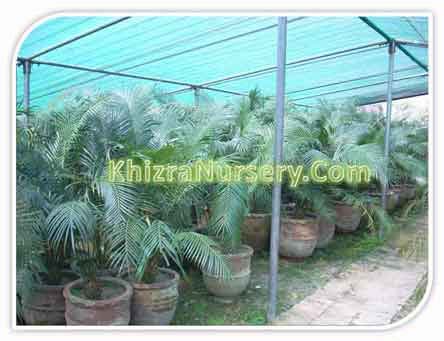
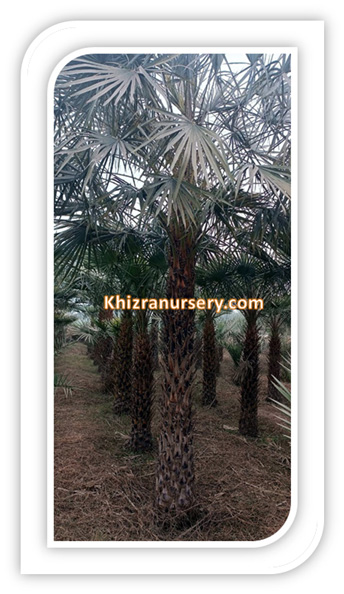
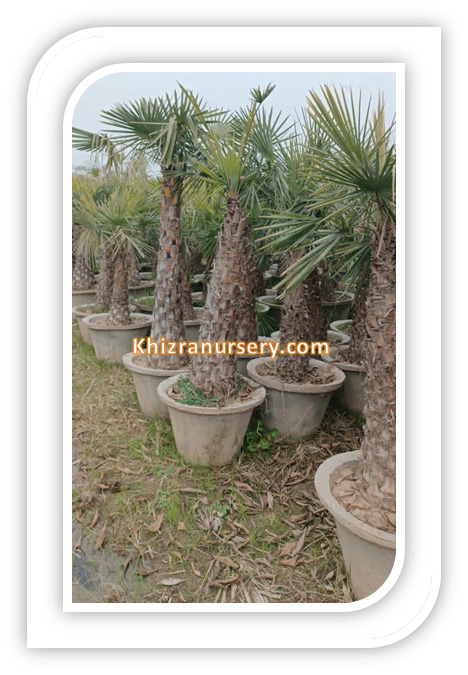
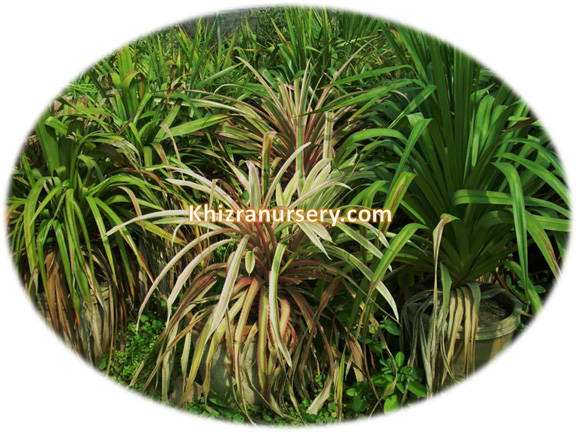
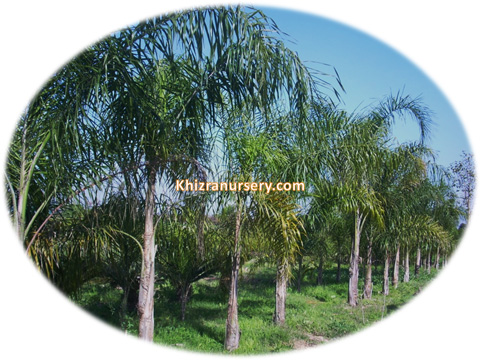
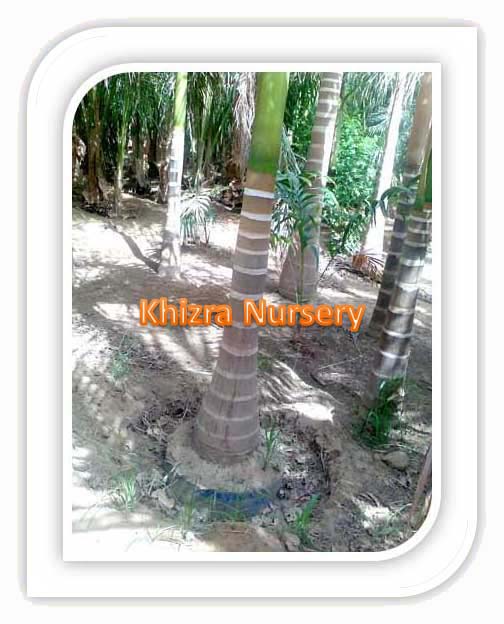
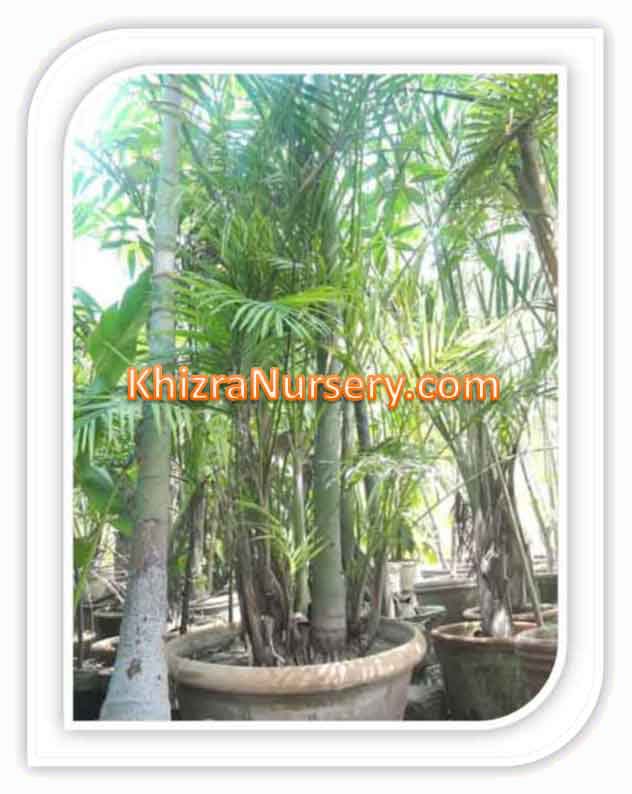
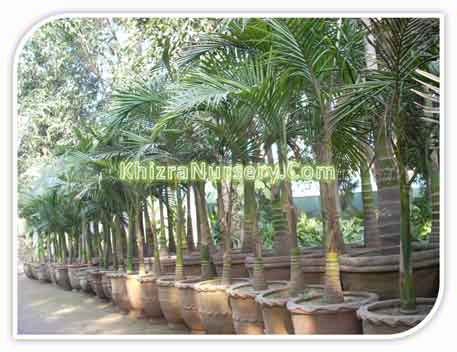
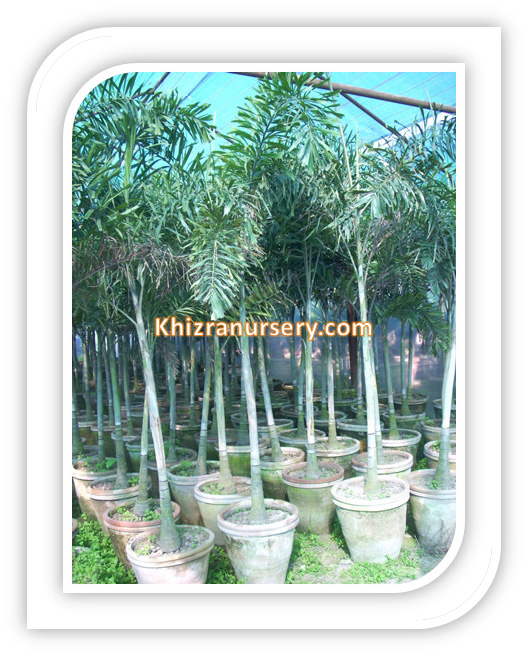
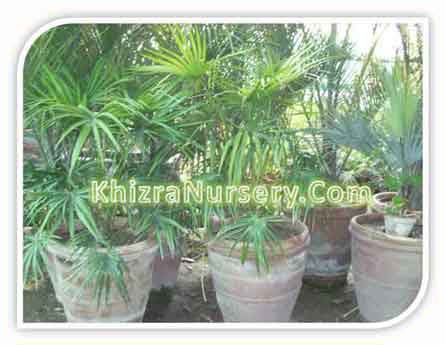
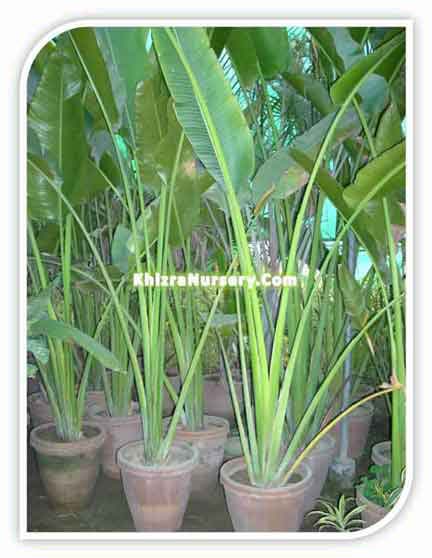
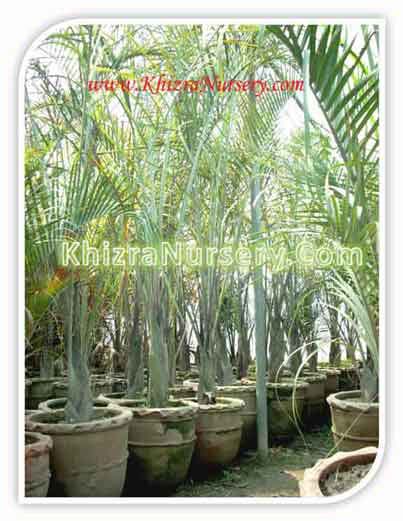
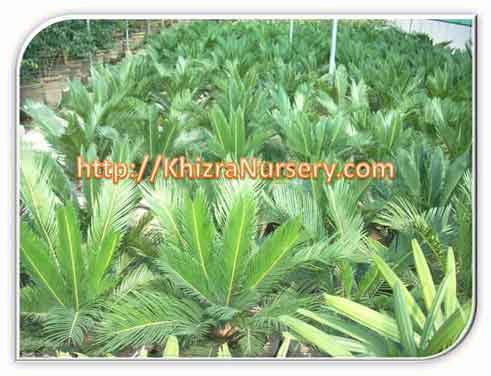
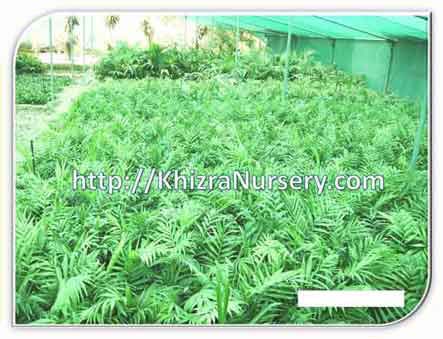
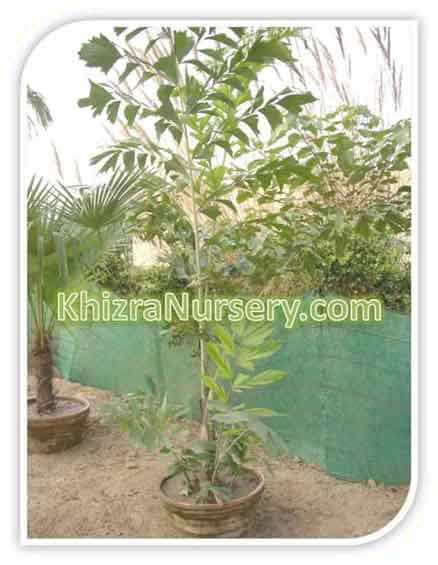
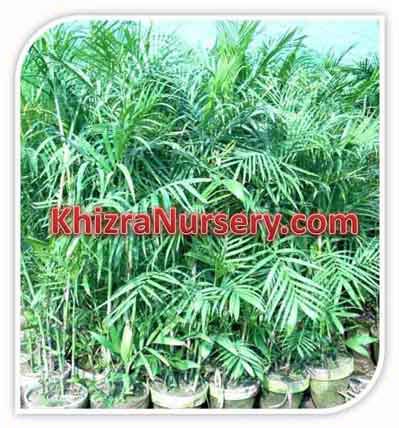
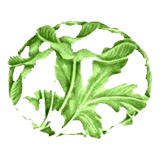
Reviews
There are no reviews yet.